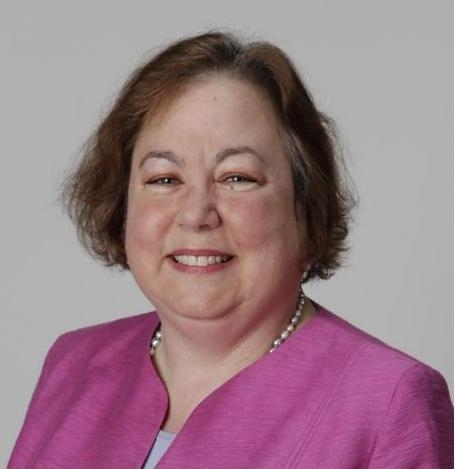
I
The rights of condominium owners and cooperative shareholders are currently derived from a complex series of laws, regulations, and individual building by-laws and other corporate documents. Although these statutes and rules grant owners and shareholders some rights, the boards of directors in cooperatives, and boards of managers in condominiums, have a great deal of discretion over most issues involved in the daily management and operation of their buildings.
While most cooperative and condominium boards act in the best interest of their buildings and are financially prudent and responsive to the needs of shareholders and unit owners, significant problems arise for residents when this is not the case. Many difficulties also emerge when boards of directors and managers are unable or unwilling to remedy disputes between residents; this often leads to the diminution of quality of life in the building and significant tension between neighbors. Disputes regarding transparency, finances, board elections, management decisions, rules and regulations, construction, and other issues between individual residents, as well as between residents and their boards, are all too common.
Because there is no government agency or other entity which oversees the operation of cooperatives and condominiums, shareholders and unit owners are left with only two options when serious problems develop: to organize other residents to change the board of directors or managers, or to initiate legal action against the board or another shareholder or unit owner. Understandably, neither of these options is easy or appealing for most residents.
The Ombudsman's Office established under this legislation would create another route for addressing the concerns of shareholders and owners. The Ombudsman would work to educate shareholders of cooperatives and owners of condominiums, their boards of directors and boards of managers, professionals working with and for such boards, property managers, and other interested parties about their legal rights and responsibilities under Federal, State and local laws and regulations. Other responsibilities of the office would include providing mediation and other forms of alternative dispute resolution, and offering monitors and vote-counting services to ensure fair elections for board membership. The Ombudsman would also be authorized to propose legislation to improve oversight of coops and condos.
Several other States, such as Florida, Nevada, Texas, and New Jersey have created Condominium Ombudsman Offices to address similar challenges in their States. New York is unique in having both cooperative and condominium housing. New York State has one of, if not the, largest number of cooperatives and condominiums in the nation. In parts of the State, and certainly in my district, cooperative shareholders and condominium owners substantially outnumber owners of single- and two- family homes. These residents would see significant benefits from the creation of a New York State Cooperative and Condominium Ombudsman Office.
